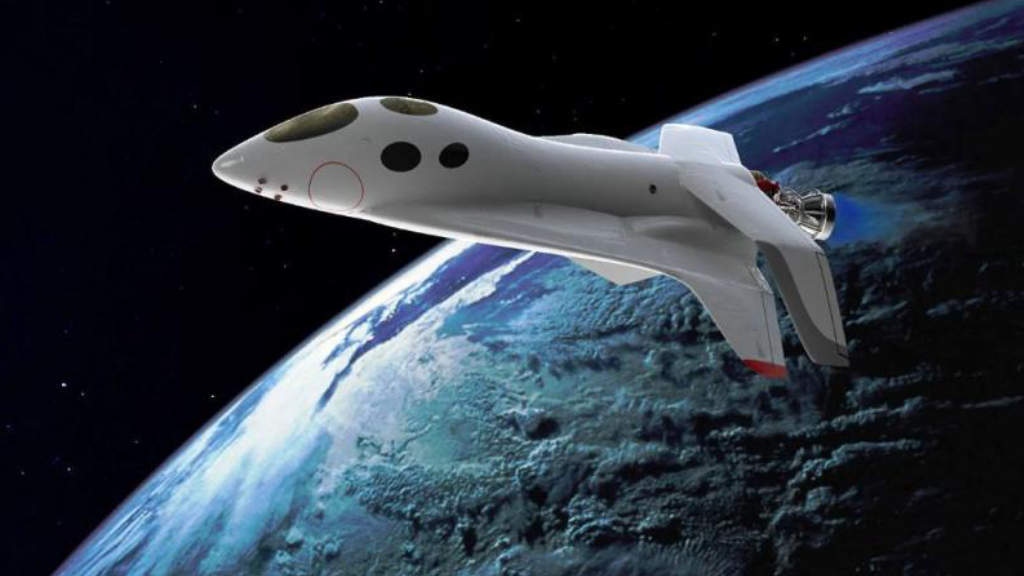Russia’s Roscosmos is planning to send space tourists to the Russian space station currently under development, according to Roscosmos CEO Dmitry Bakanov. He stated that “Instead of the ISS (International Space Station), there will be a Russian space station where we are planning to develop tourist missions as well.”
Russia is creating the new station to replace the ISS. Its rollout is timed to coincide with the launch of a science and power module atop an Angara-A5M carrier rocket from Vostochny Cosmodrome in December 2027. The initial stage (before 2030) will involve launching nodular and gateway modules and later a base module to function as a control station. The second stage will involve docking two other target modules between 2031-2033.
Russia is the pioneer of space tourism. Between 2001 and 2021, its Soyuz spaceships sent to orbit nine commercial flight participants, one of whom flew twice.
The previous commercial flight to the ISS aboard a Soyuz MS was in December 2021. The tourists were Yusaku Maezawa and Yozo Hirano from Japan. They spent 12 days on the ISS.
The Russian space tourism market is on a dynamic growth trajectory, with industry analysts projecting a surge in market value from US$36.4 million in 2025 to US$192.7 million by 2035, an annual growth rate (CAGR) of 18.1%. This forecast reflects growing global interest in commercial space travel, bolstered by Russia’s historical dominance in space exploration and its expanding private aerospace sector.
There are key drivers fueling Russia’s space tourism market potential. These are:
- Technological Advancements in Aerospace Engineering
With innovations in reusable spacecraft, life-support systems, and high-efficiency propulsion, Russia’s aerospace firms are rapidly closing the gap between concept and reality for private spaceflight. Enhanced safety features and improved passenger experience are critical to unlocking broader consumer trust and interest. - Growing Demand for Unique Luxury Experiences
As ultra-high-net-worth individuals seek once-in-a-lifetime travel experiences, space tourism is emerging as the next frontier in luxury travel. Customized orbital expeditions, zero-gravity flights, and cosmonaut training programs are being marketed to elite clientele worldwide, with Russia poised to be a prime destination. - Established Infrastructure and Spaceport Accessibility
Russia’s longstanding operational bases, such as the Baikonur Cosmodrome and Vostochny Cosmodrome, provide it with a competitive advantage in terms of launch capabilities and mission readiness. These strategic locations offer reliable platforms for commercial launches, positioning Russia as a hub for space tourism in Eastern Europe and Asia. China and India are unlikely to offer such services, yet combined these two countries alone have 1,107 billionaires—more than the United States. - Rising Private Investment and Market Liberalization
A notable influx of private capital into the Russian aerospace sector, including startups and venture-backed space firms, is catalyzing innovation. Market liberalization policies are also making it easier for international companies to collaborate or co-develop space travel experiences with Russian partners.
Further Reading
Russia’s Roscosmos Catching Up With SpaceX’s Reusable Rocket Technology

 Русский
Русский













